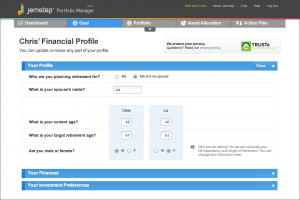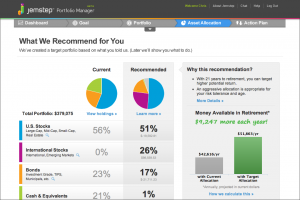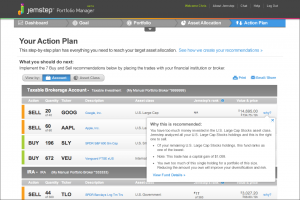The Covid-19 pandemic changed life for two years and there are definitely still elements of what life was in the world today. No doubt there were some terrible things that happened. People lost their lives and their jobs. But there were also positives that came out of it. We’re going to highlight the lesson we can learn from this pandemic, particularly some personal finance lessons we can learn.
Working from home
This new type of work does not apply to everyone and I don’t like leaving people out, but this needs to be talked about. Working from home and articles about it took over during the pandemic and continue to be discussed.
Working from home, at least from some of those articles and studies, appears to be a net positive for employees and employers. Let time commuting, less overhead costs, more productivity thanks to no commute, increased job satisfaction, and improved work-life balance.
Thanks to the work-from-home setup, people who were able to do that moved out of the city or rented an Airbnb for an extended amount of time. In either case, those people were, likely, able to reduce their housing costs by moving to the suburbs or giving themself a little vacation/change of scenery.
Savings rate
A lot of people saved money during the pandemic thanks to stimulus payments. In April of 2020, the personal savings rate for Americans was 33%. In March of 2021, the personal savings rate for Americans was 26.6%.
The savings rate has fallen since then but is still above 12% which is higher than it was before the pandemic (less than 10%).
Stimulus payments
According to the National Bureau of Economic Research (NBER), most Americans either saved or paid down debt with the majority of their stimulus payments. 40% of the stimulus payment was spent, 30% was saved and another 30% was used to pay down debt.
Personal finance lessons
I think there were a lot of personal finance lessons that can be learned from the pandemic. Here’s a list of them below:
People saved more money
The future was very uncertain so people were more conservative with their spending and less conservative with their savings. That mindset shouldn’t change. The future, in principle, is uncertain. We do not know what tomorrow holds, so saving for a rainy day/goals/retirement is very important.
You don’t need to spend money to have fun
At the very beginning of the pandemic, you couldn’t go anywhere. Quarantine and lockdown orders came in right away. Instead of getting together in person, people utilized Facetime, phone calls, and Zoom. I, personally, had group Zooms with family members where we played and had conversations like we would if we were in person.
Diversification is important
Early in the pandemic, the market tanked. We lost over 30% in six weeks. Granted, it came right back up not long after, but that might not always be the case. If you don’t have time to ride out the ebbs and flows of the market, it’s important you get your asset allocation right. Talk with your adviser to make sure your investment matches your time horizon and risk tolerance.
Get rid of debt
You never know when your job and your ability to earn can be taken from you. Some people lost their jobs, some people were furloughed, and some people just weren’t able to go to work. If you don’t have an income, the only other part of the balance sheet you can affect is your expenses. Get rid of your debt. That’ll help you reduce your expenses in case that happens (you can also save more).
Protect your loved ones
Get life insurance. A lot of people passed away during the pandemic. If you contribute income to your household, you need to make sure you financially protect the people that rely on your income.
Related reading:
5 Personal Finance Tips from the Pandemic
How to Regain Control of Your Finances Amid the Pandemic
How to Save Money on Your Post Pandemic Vacation
Disclaimer:
**Securities offered through Securities America, Inc., Member FINRA/SIPC. Advisory services offered through Securities America Advisors, Inc. Securities America and its representatives do not provide tax or legal advice; therefore, it is important to coordinate with your tax or legal advisor regarding your specific situation. Please see the website for full disclosures: www.crgfinancialservices.com
My name is Jacob Sensiba and I am a Financial Advisor. My areas of expertise include, but are not limited to, retirement planning, budgets, and wealth management. Please feel free to contact me at: jacob@crgfinancialservices.com




